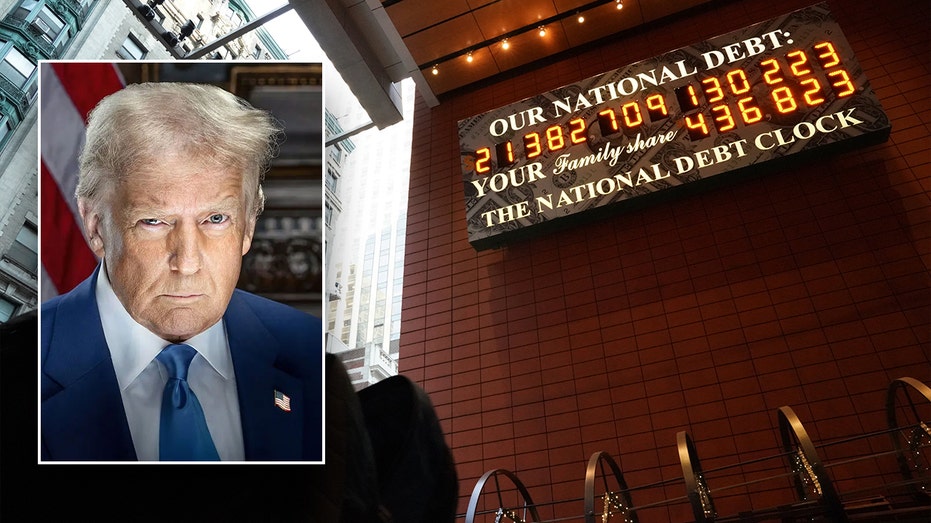Flashback: Trump’s 2016 Campaign Boasted of Being ‘King of Debt’ and Claiming He Could Eliminate U.S. National Debt in 8 Years
Elon Musk criticizes Trump-backed GOP spending plan as it adds $3 trillion to the national debt despite his past pledge to eliminate it.

When Donald Trump first entered the presidential race in 2015, he positioned himself as an expert on managing debt, making audacious promises to voters that, if elected, he would erase the nation's multi-trillion-dollar obligation within two terms. "I’m the king of debt. I’m great with debt. Nobody knows debt better than me," Trump declared repeatedly during his campaign, emphasizing his business successes and ability to renegotiate or reduce debt. He cited America's then-$19 trillion national debt as a major focus, vowing dramatic solutions based on improved trade deals and government efficiency.
Now, as the national debt has soared above $36.2 trillion, scrutiny is once again intensifying over Trump's fiscal record and the Republican Party’s approach to government spending. A new GOP spending proposal, billed by Trump as the "big, beautiful bill," has become a lightning rod for criticism among some conservatives, who argue the package will only deepen the country’s financial woes. The Congressional Budget Office has estimated the plan could add roughly $3 trillion to the deficit over the next decade, a projection that has fueled dissent within the party ranks.
Among the most vocal opponents is Elon Musk, who recently escalated his criticism in a highly publicized spat with Trump. Musk has argued that the bill falls short in curtailing government outlays, claiming it "undermines" prior efficiency efforts undertaken when he led the Department of Government Efficiency under the Trump administration. "This immense level of overspending will drive America into debt slavery!" Musk proclaimed in a recent post on X (formerly Twitter), labeling the spending package a "disgusting abomination" and warning of dire consequences for the economy.
Echoing these concerns, Senator Mike Lee of Utah pointed out that interest payments on the national debt now exceed $1 trillion annually—surpassing even the country’s defense budget. "Congress continues to add to the debt at an astounding rate of $2 trillion per year—with our national debt growing faster than our economy," Lee posted on social media, an assessment amplified by Musk in his own commentary. Musk went so far as to describe the current debt level as "scary" and warned, "America is headed for de facto bankruptcy very fast."
Despite internal party criticism, Trump and his allies have defended the new legislation as a bold step toward reducing baseline government waste. Kush Desai, a White House spokesman, maintained that Trump is the first modern president to seriously address "waste, fraud, and abuse in our bloated government." Desai credited the administration with eliminating billions in what he termed needless spending and described the current bill as "the largest deficit reduction in decades."
As the debate intensifies, the national debt remains a central issue on the political agenda, with opponents and supporters alike vying to persuade lawmakers and the public of the best path forward. With interest payments ballooning and economic risks mounting, the question of how to address America’s fiscal health is set to dominate political discourse in the months ahead.




